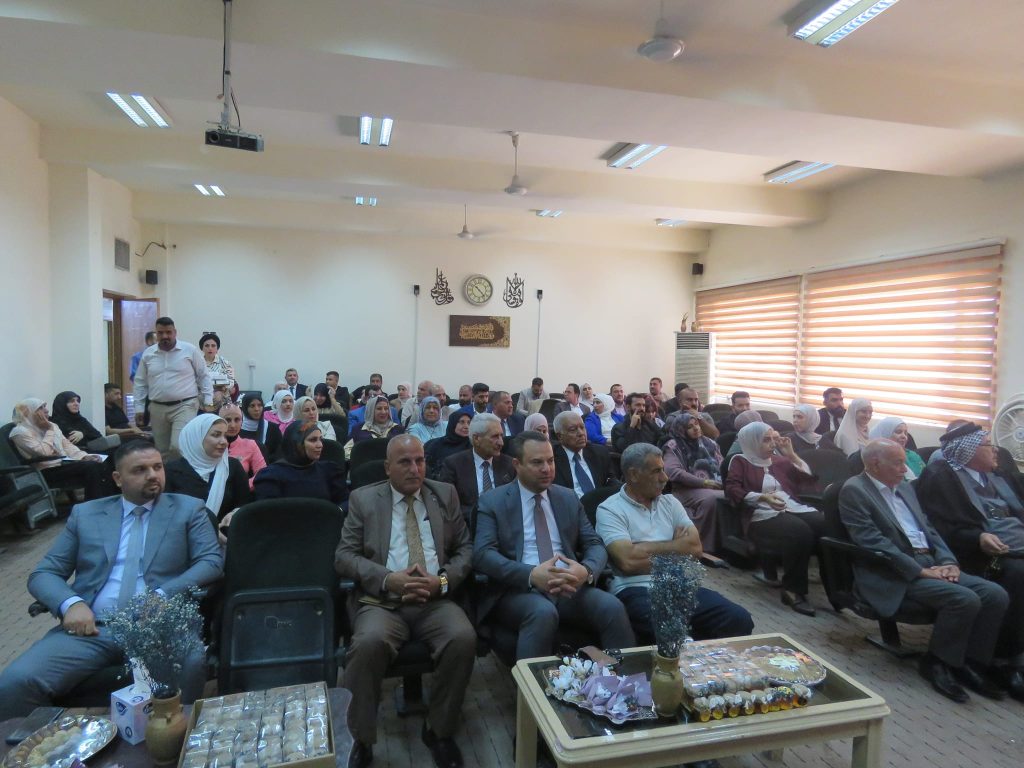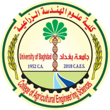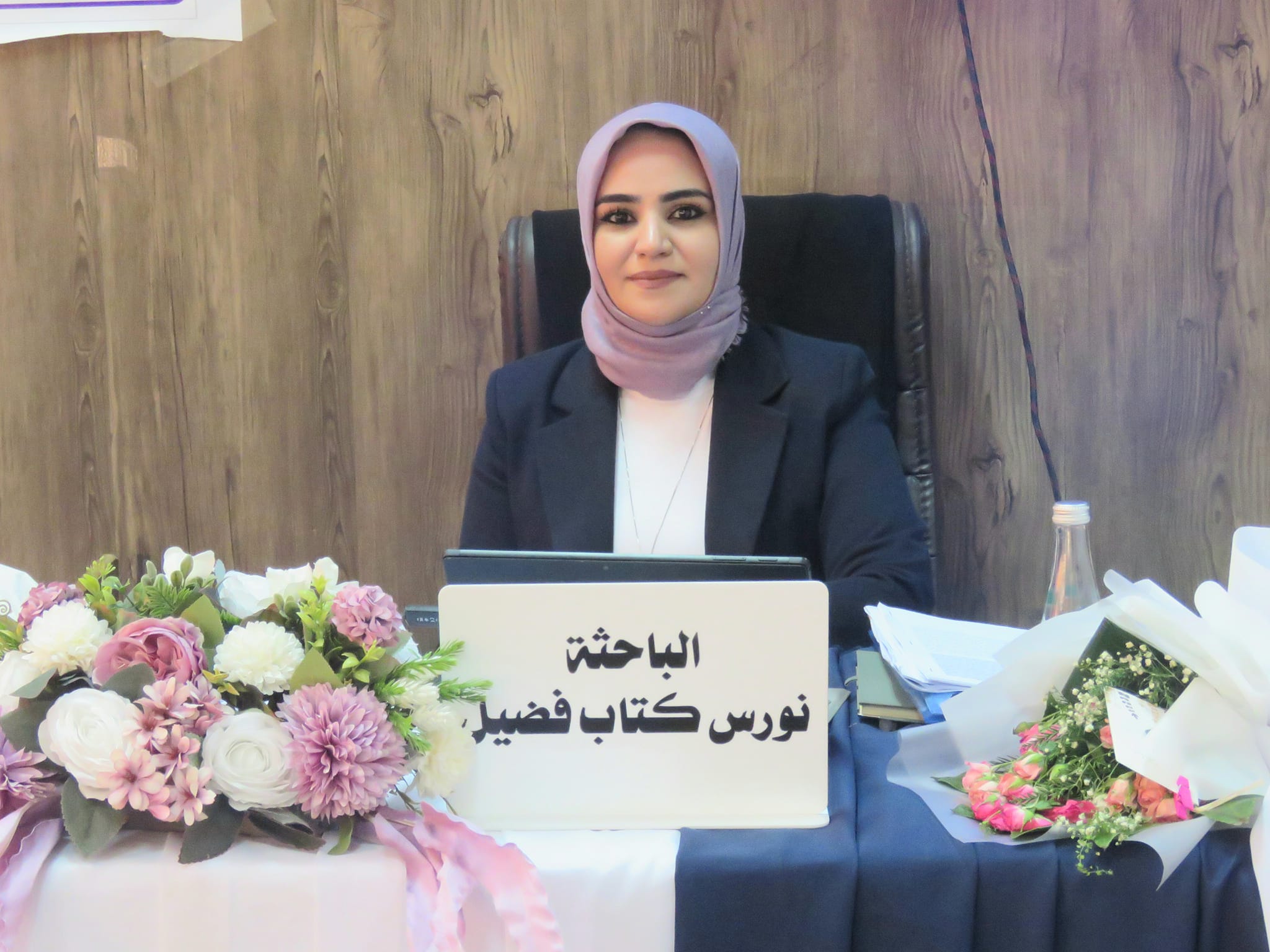A defence of A doctoral thesis titled “Utilizing Some Modern Methods for Detecting Viruses in Varroa and Nosema Infected Bee Colonies” by the student Noor Katib Fadhil from the Plant Protection Department took place at the College of Agricultural Engineering Sciences at the University of Baghdad.
The study aimed to determine the percentage of Varroa infestation in some provinces of the central region, identify the percentage of Nosema infection in some provinces of the central region, diagnose viruses in bee colonies infected with Varroa and Nosema, evaluate the technologies used in virus detection in Varroa and Nosema, and demonstrate the pathogenic of the viruses detected in honey bee colonies.
The researcher recommended studying the interaction between Varroa destructor mite and pathogenic agents, assessing their impact on the activity of honey bee colonies and the immune system. Additionally, she suggested studying the effect of plant extracts used in treating Varroa and Nosema, examining their impact on virus resistance, and conducting treatments for colonies infected with Varroa and Nosema in the spring and fall seasons to reduce the effects of viruses.
Congratulations to the student on this success!




